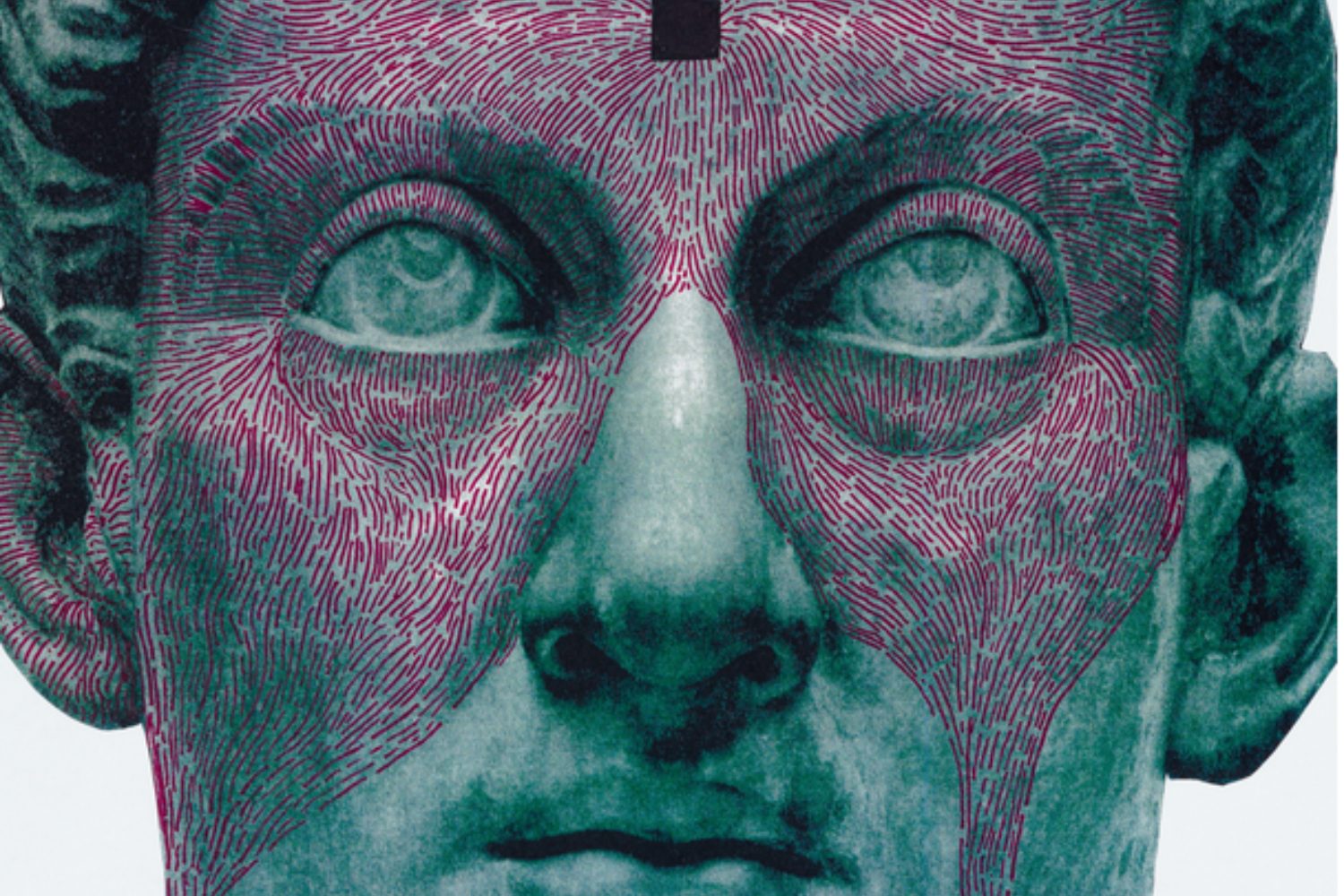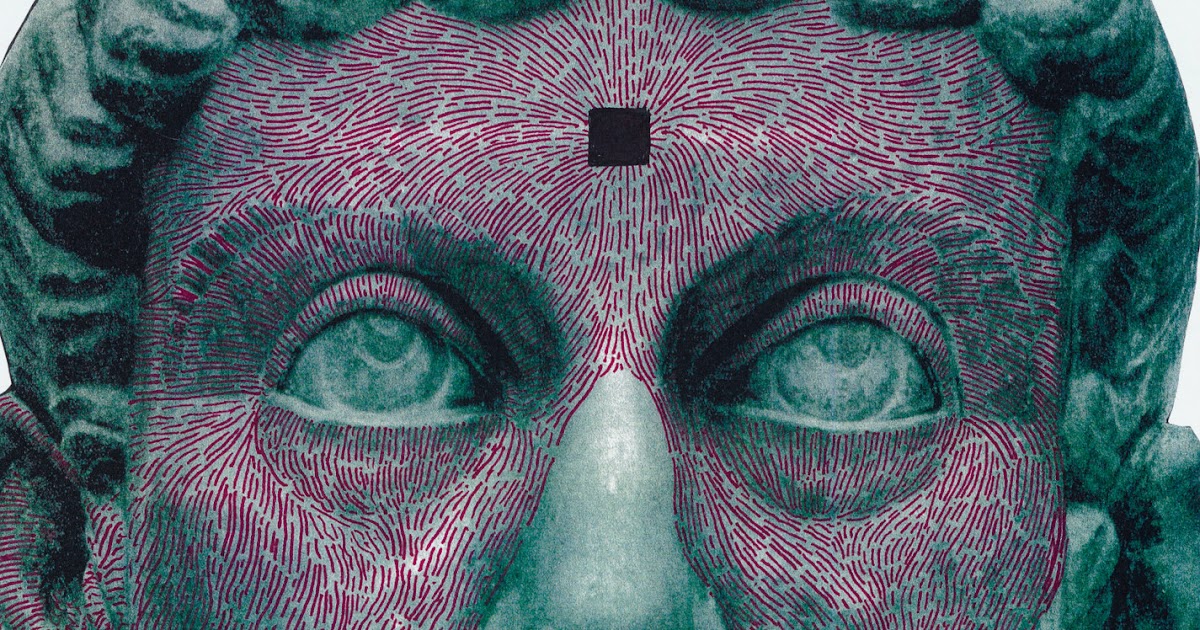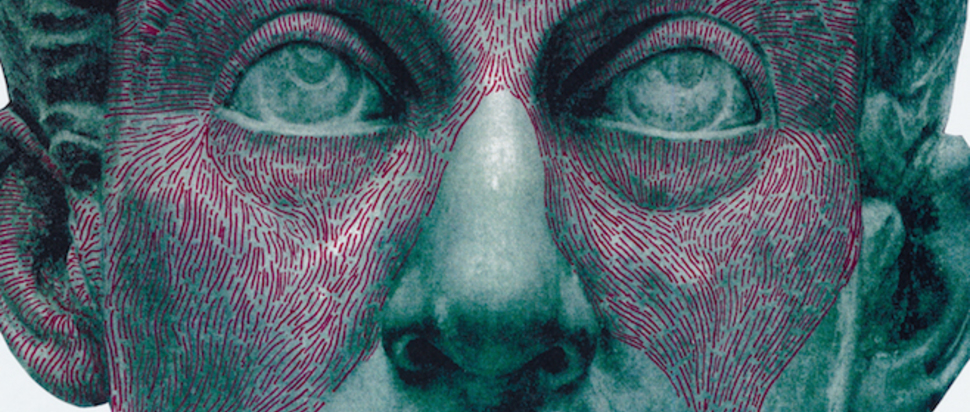
After that, I will say somethingĭownloaded from https:/University of Arizona, on at 17:38:03, subject to the Cambridge Core terms To answer these questions, it is helpful to begin with a summary Processes involved in perception of this sort? Why does he feel impelled to reject Aquinas’s view of the cognitive What is itĪbout me that explains my cognition of the cup for Ockham? And I lift my eyes, look across the room, and see a coffee cup. Instead I will focus just on Ockham’s account of an ordinary and comparatively simple cognitive experience.

Reinterpretation of certain texts of Aristotle’s, which seem to give Response to the optics of his time, which relied on species, and his

Thus, for example, I will leave largely unexamined Ockham’s Leave to one side an array of topics that are to some degree relevant. I want to give only one part of the answer, focusing on Ockham’s theory of the cognition of an individualĮxtramental material object.
#Ockham agent intellect full#
The full and complete answer to these questions would no doubt Why did Ockham take such a stand? Whyĭid he insist on rejecting species as a means of cognition, and what Take to be Aquinas’s own account but also a revised version of itĪdopted by Duns Scotus. Went to great lengths to argue against not only what many scholars Technical use of ‘species’ in Section I.) In a variety of texts, Ockham Mediated by intelligible and sensible species.3 (I will explain this View at the heart of Aquinas’s account,2 namely, that cognition is Took a radical stand in that debate, rejecting the widely accepted Human cognition and the means by which it is achieved.1 Ockham

#Ockham agent intellect how to#
Ethics - Augustine on How to be Happy - Augustine on Lying, Murder, and Sex - Abelard's Ethic of Intention - Aquinas' Ethical System - Aquinas as Moralist - Scotus on Divine Law - The Ethics of Ockham - 9.After the death of Thomas Aquinas and well into the fourteenthĬentury, medieval philosophers strenuously debated the nature of Mind and Soul - Augustine on the Inner Life - Augustine on the Will - The Agent Intellect in Islamic Thought - Avicenna on Intellect and Imagination - The Psychology of Averroes - Aquinas on the Senses and the Intellect - Aquinas on the Will - Scotus versus Aquinas - Ockham versus Scotus - Pomponazzi on the Soul - 8. Metaphysics - Avicenna on Being, Essence, and Existence - Aquinas on Actuality and Potentiality - The Metaphysics of Duns Scotus - Ockham's Reductive Programme - Wyclif and Determinism - 7. Physics - Augustine on Time - Philoponus, Critic of Aristotle - Natural Philosophy in the Thirteenth Century - Actual and Potential Infinity - 6. Knowledge - Augustine on Scepticism, Faith, and Knowledge - Augustine on Divine Illumination - Bonaventure on Illumination - Aquinas on Concept-Formation - Aquinas on Faith, Knowledge, and Science - The Epistemology of Duns Scotus - Intuitive and Abstractive Knowledge in Ockham - 5. Logic and Language - Augustine on Language - The Logic of Boethius - Abelard as Logician - The Thirteenth-Century Logic of Terms - Propositions and Syllogisms - Aquinas on Thought and Language - Analogy and Univocity - Modistic Logic - Ockham's Mental Language - Truth and Inference in Ockham - Walter Burley and John Wyclif - Three-Valued Logic at Louvain - 4. The Schoolmen: From the Twelfth Century to the Renaissance - Robert Grosseteste and Albert the Great - St Bonaventure - Thomas Aquinas - The Afterlife of Aquinas - Siger of Brabant and Roger Bacon - Duns Scotus - William Ockham - The Reception of Ockham - The Oxford Calculators - John Wyclif - Beyond Paris and Oxford - Renaissance Platonism - Renaissance Aristotelianism - 3. Philosophy and Faith: Augustine to Maimonides - Augustine on History - Augustine's Two Cities - The Consolations of Boethius - The Greek Philosophy of Late Antiquity - Philosophy in the Carolingian Empire - Muslim and Jewish Philosophers - Avicenna and his Successors - Anselm of Canterbury - Abelard - Averroes - Maimonides - 2.


 0 kommentar(er)
0 kommentar(er)
